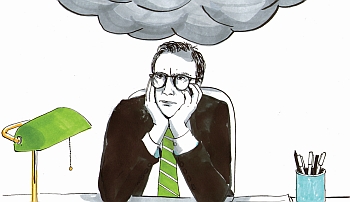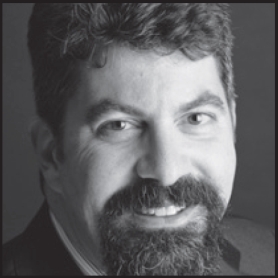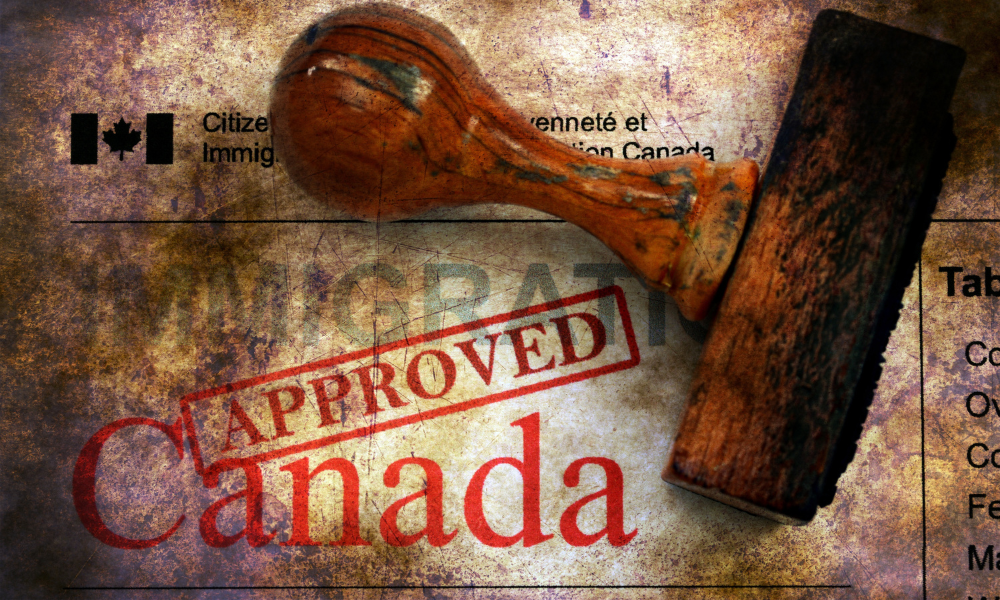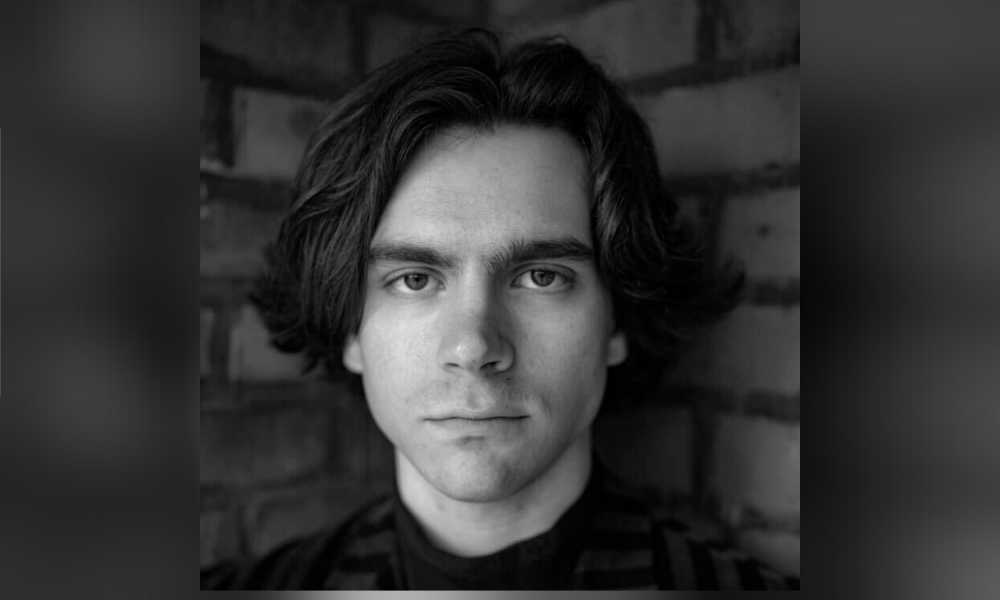The public and politicians seem fixated on discipline and punishment, but what happens when people are exonerated? Can they ever reclaim their reputations, or their lives?
In February 2015, the Law Society of Upper Canada confirmed that two Toronto lawyers did not violate conflict-of-interest rules while working for a major firm on behalf of the Hollinger group of companies in the early 2000s. Those decisions come on the heels of the 2011 exoneration of Hollinger’s American in-house general counsel, Mark Kipnis, four years after his conviction on criminal charges arising from the same series of related transactions.
The conviction of Kipnis is well known to the legal community, but merits a retelling. In the US, prosecutors alleged that Kipnis and three other Hollinger officials structured corporate transactions so that a portion of the proceeds would be designated as “non-competition fees.” Prosecutors alleged that these fees, rather than going to shareholders, were funneled to Conrad Black and other executives, though not Kipnis himself (he received a $150,000 bonus at year end). Prosecutors claimed that Kipnis breached his fiduciary duties because the non-competition fees benefitted Hollinger’s controlling partners at the expense of its other shareholders, weren’t approved by the company’s board, and weren’t accurately disclosed in its SEC filings.
All four defendants pleaded not guilty. After a 15-week trial, with more than 40 witnesses, Kipnis was convicted by a jury on three counts relating to three different transactions, the logic of which I’ve never been able to unpack. The rationale, if there was one, may have been related to the jury’s sensibilities about corporate misconduct in the post-Enron era.
When US District Judge Amy St. Eve sentenced Kipnis in December 2007, she refused to impose a term of imprisonment, recognized that he had received none of the diverted funds, and said that he was “clearly the least culpable person in the scheme.” In June 2010, the US Supreme Court reversed the convictions.
Exoneration, however, came after the price had already been paid: various reports indicate that, while he had in fact served his sentence, Kipnis had lost his job with Hollinger, lost his licence to practise law, unsuccessfully tried to earn a living by owning a Sign-A-Rama franchise, and while he passed an examination to become a real estate salesperson, at the time he was unable to obtain a licence because he was under supervision by probation officers.

In the more recent case of the two Toronto lawyers, meanwhile, law society discipline proceedings arose because of allegations that they acted in a conflict of interest on six files involving the Hollinger Group between 2000 and 2003. After a lengthy hearing, some 135 days spread over two and a half years, the hearing panel dismissed the applications by the law society in 2013.
The details have been glossed over here, but for these purposes, I’m more interested in what happens when the cloud lifts, especially when it takes so long for the skies to clear. The legal press reported in October 2013 that one of the two lawyers had simply retired; the other, who was a 36-year-old associate at the time the law society case began, was preparing to return to practice after being absent for eight years. He was quoted in the Law Times as saying, “What was most difficult for me and my family was the emotional impact and personal toll associated with the prosecution’s contention that I had lapsed ethically in serving my clients and the public nature of those allegations.”
Holding people to account is necessary and important, but I’m still left really uneasy by this entire episode and by the human cost of letting the process unfold. While the institutions seemingly got to the right results in the end, you can never go back to before.
Paul Paton is the Wilbur Fee Bowker Professor and Dean of Law at the University of Alberta. He can be reached at [email protected].





